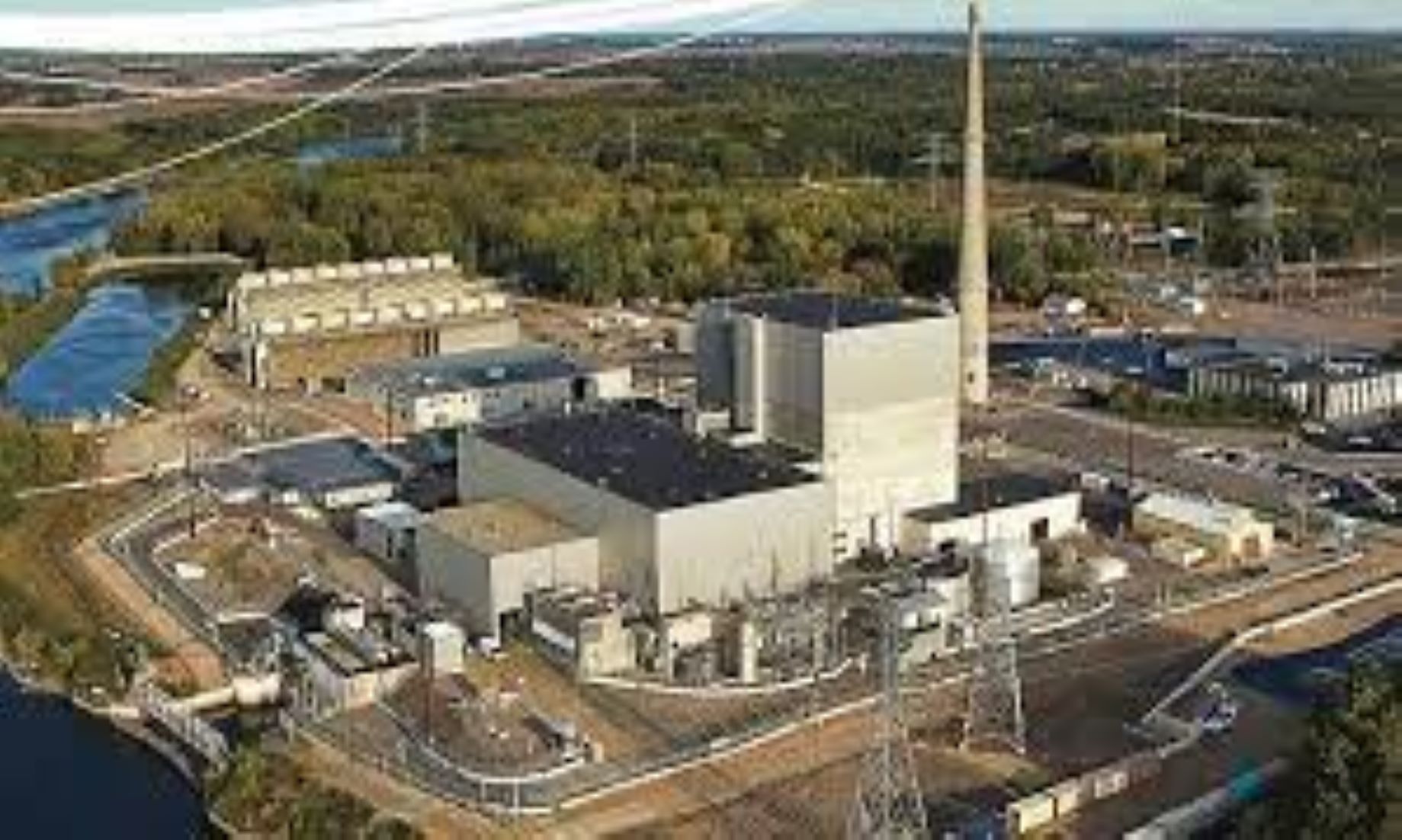WASHINGTON, Mar 27 (NNN-XINHUA) – A nuclear power plant in the U.S. state of Minnesota was taken offline this week, after a new leak of radioactive water was discovered.
Xcel Energy, a U.S.-regulated energy company based in Minneapolis, said this week that, it began powering down its Monticello Nuclear Generating Plant, “to allow it to more quickly perform the repairs needed to permanently resolve a leak of water containing tritium” at the facility.
Regulators revealed earlier this month that, about 400,000 gallons of radioactive water containing tritium had leaked from the Monticello nuclear power plant.
Xcel Energy reported the leak to state and federal authorities in late Nov, 2022, but the incident was made public nearly four months later, sparking concerns about public safety and transparency.
Xcel Energy said, the leak “poses no health and safety risk to the local community or the environment” and that, it had “implemented a short-term solution to capture water from the leaking pipe and reroute it back into the plant for re-use.”
However, monitoring equipment at the plant this week indicated “a small amount of new water from the original leak had reached the groundwater,” according to Xcel Energy, in a statement.
“The new leakage – anticipated to be in the hundreds of gallons, a much smaller amount of water than previously leaked – will not materially increase the amount of tritium the company is working to recover and does not pose any risk to health or the environment,” the statement said.
Tritium is a naturally occurring radioactive form of hydrogen, that is produced in the atmosphere. It is a byproduct of the production of electricity by nuclear power plants.
Xcel Energy said that, “the leaked water remains fully contained on-site and has not been detected beyond the facility or in any local drinking water.”
The schedule for resuming operation at the plant is still to be determined.
The Minnesota Pollution Control Agency and the Minnesota Department of Health said in a statement this week that, they “have no evidence at this point to indicate a current or imminent risk to the public and will continue to monitor groundwater samples.”– NNN-XINHUA






